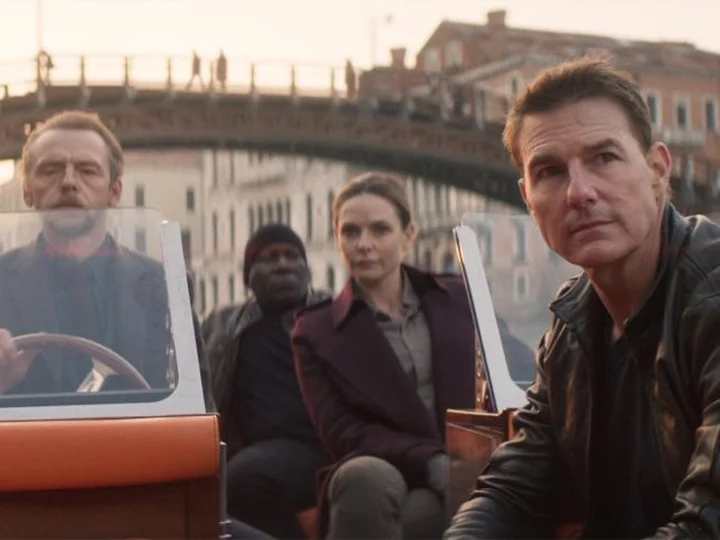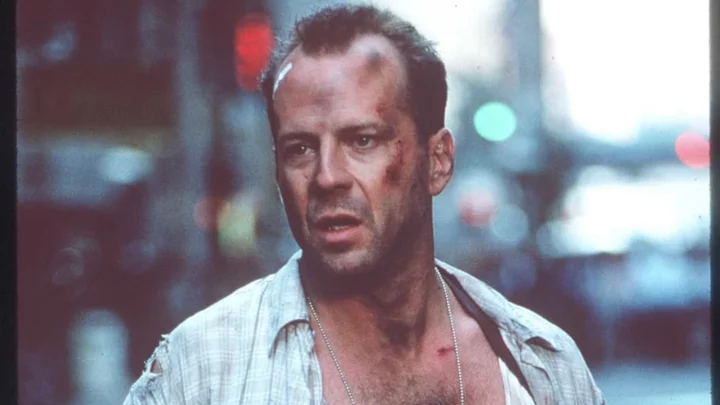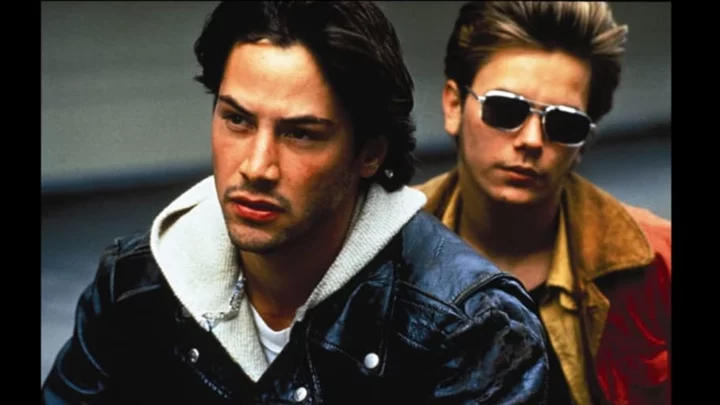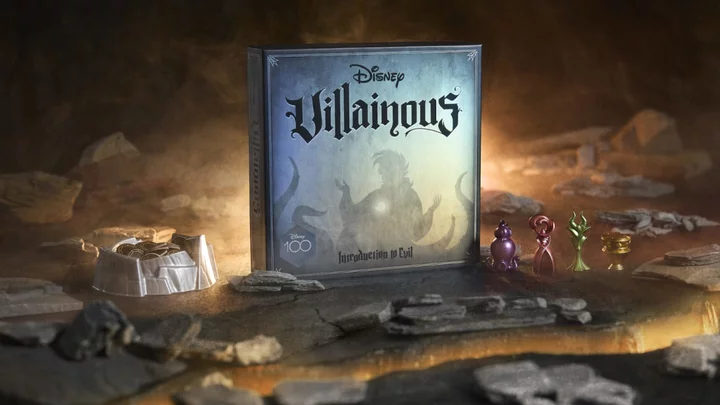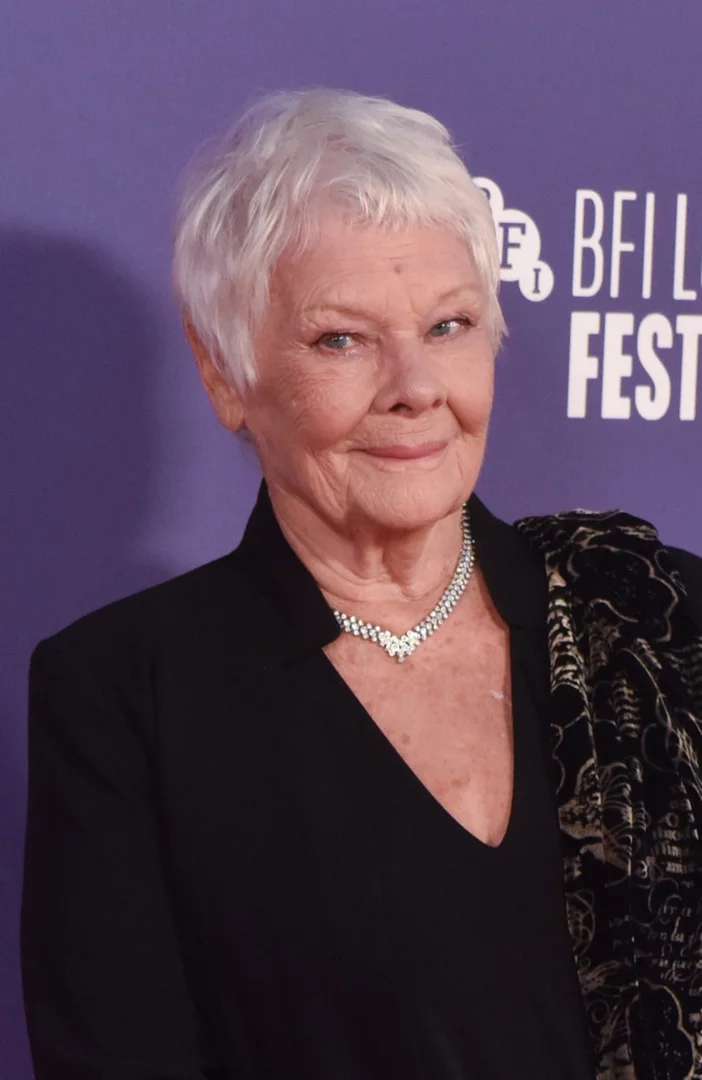As seen with the "Star Wars" to "The Lord of the Rings" trilogies, movies have long told multi-part stories. Yet 2023 has featured a noteworthy expansion of the "part one" approach to filmmaking, from "Fast X" to "Spider-Man: Across the Spider-Verse" to "Mission: Impossible: Dead Reckoning," in what has become our "To be continued" summer.
Turning movies into a semi-serialized art form makes sense, at least as a practical matter. The entertainment business is now built around sequels and exploiting the blockbuster titles, so why go through the motions of pretending like anything is ending when you'll obviously be back in a few years with more? Seen that way, closing on what amounts to a cliffhanger, the way TV series often do, is just another incentive to dutifully return when the dinner bell rings again.
That template certainly worked out well enough for "Avengers: Infinity War" and "Endgame," which split the Thanos saga into two sprawling parts, and rewarded Marvel with a combined global box-office haul topping $4.8 billion during the pre-pandemic era.
Historically, though, movies -- even those associated with the aforementioned franchises -- have told a complete story, giving audiences at least that much of experience for their time and money. Seen that way, it's not too much to ask for some kind of payoff after sitting there for well over two hours, as opposed to simply an interrupted one.
"The Lord of the Rings," after all, concluded battles before moving on to "The Two Towers" and "The Return of the King." "The Empire Strikes Back" might have left Han Solo frozen in carbonite, but the principals were reunited, having weathered an ordeal that showed just how dangerous Darth Vader and the Empire could be. Even "Infinity War" concluded with the assembled heroes losing, having to start over to undo that damage in its sequel.
Contrast that with "Fast X" and "Across the Spider-Verse," which both leave their heroes dangling, and the audience to dangle along with them. It's the difference between closing a chapter, and ending things mid-sentence.
While not quite that abrupt, "Dune" also came to a somewhat arbitrary end in what felt like the middle, a decision made a bit more irksome at the time because Legendary Entertainment and Warner Bros. (like CNN, a unit of Warner Bros. Discovery) waited to confirm that Part Two was a go until after its simultaneous launch in theaters and streaming on HBO Max.
In that sense, credit "Dead Reckoning" -- the only one of this summer's movies to label itself "Part One" -- with conjuring a story with the scale to support the two-part framework, while reaching a logical break before turning the page to what amounts to the second chapter.
All this is happening as the movie industry tries to navigate what works best in the streaming age, which, along with the lingering impact of the pandemic, has disrupted old business models and economics. That includes a marked shift toward big events in theaters and limited opportunities outside the home for titles that don't clear that bar.
Experimenting with ways to not just lure people to the multiplex but to bring them back is logical in that context, especially when this summer's box office has shown that once can't-miss titles, like "The Flash" and "Indiana Jones and the Dial of Destiny," have fallen short of expectations given their hefty production budgets.
Those challenges should be considered as filmmakers and executives play with various strategies, knowing that miscalculations can lead to major financial blows. But as they say in the high-stakes world of "Mission: Impossible," that's the mission, should you decide to accept it.
"Mission: Impossible -- Dead Reckoning Part One" premieres in US theaters on July 12.

